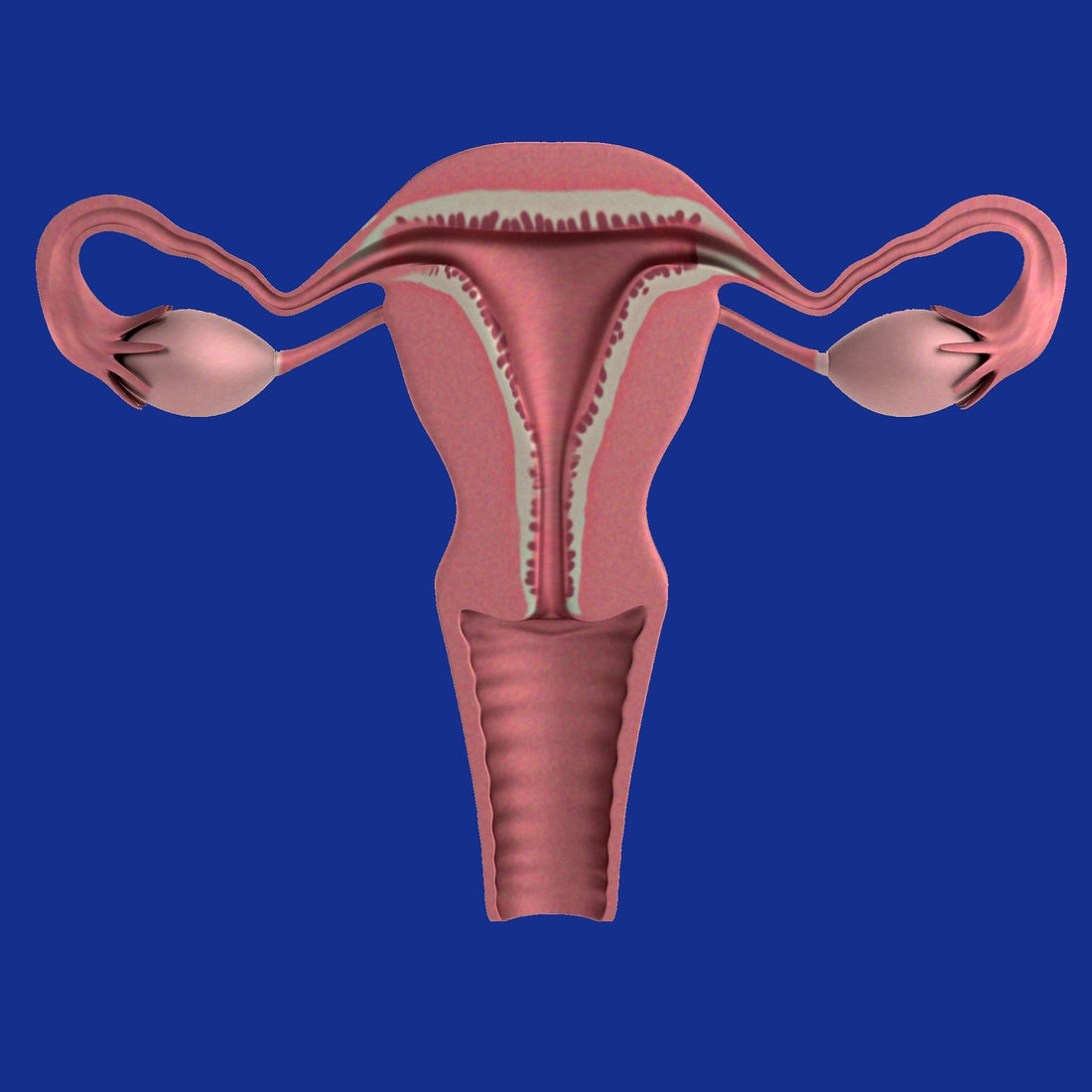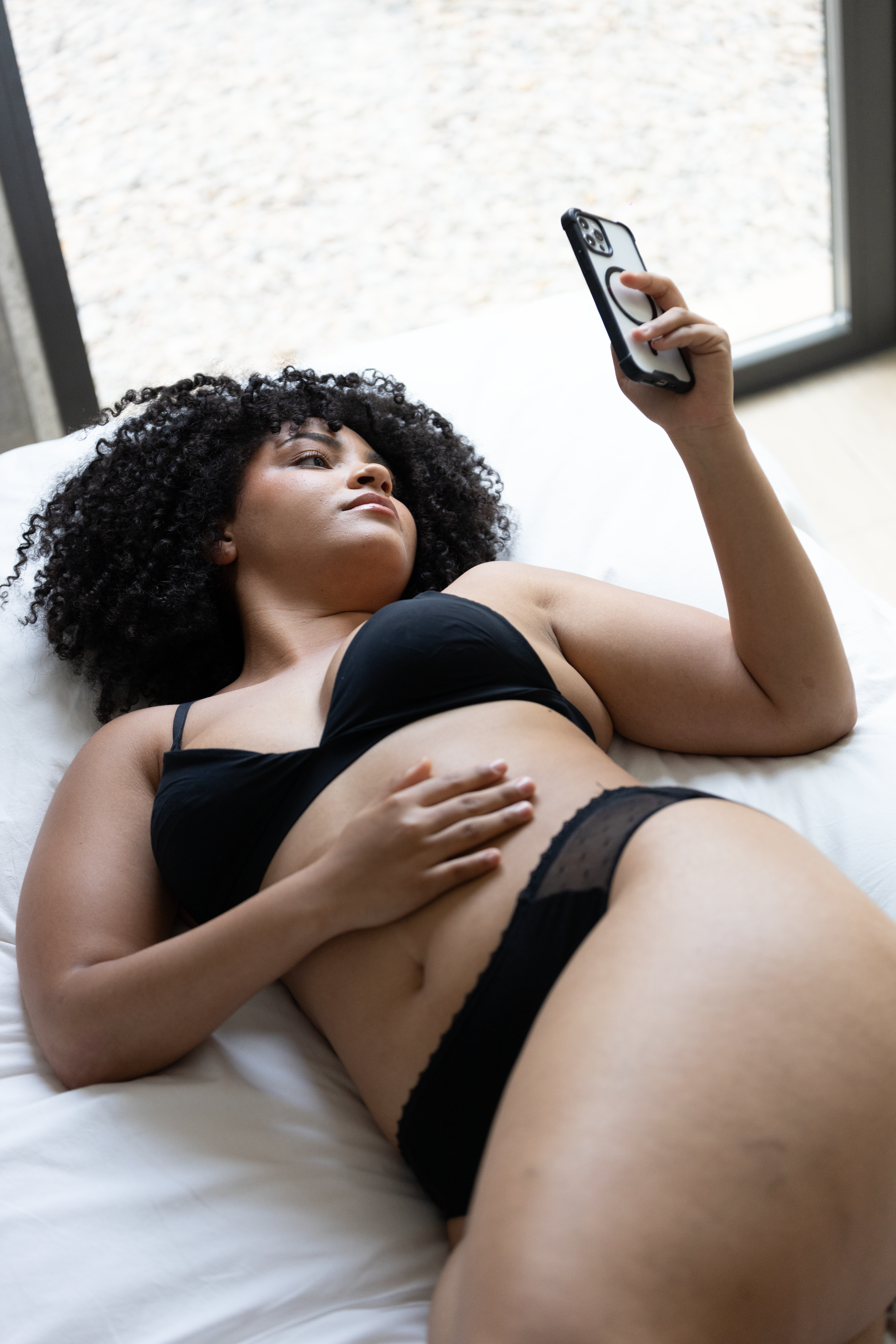
Let's talk about polycystic ovary syndrome, PCOS

Polycystic ovary syndrome (PCOS) is a condition that more women suffer from than you think. This syndrome causes metabolic problems, and infertility, among others.
So far, there is no cure for this syndrome in its entirety, however, its treatment is possible. Early diagnosis and proper treatment are the keys.
Let's learn a little more about this syndrome which affects many women.
Polycystic Ovary: What you should know.
What is polycystic ovary syndrome?
It is a condition caused by the imbalance of reproductive hormones, this imbalance causes major problems in the ovaries. Since the ovaries are responsible for producing the eggs that are released every month, when a woman suffers from PCOS, the egg may not develop or may not be released during normal ovulation.
Why does this happen?
Polycystic ovary syndrome is a health problem caused by an imbalance of reproductive hormones. Both women and men produce these hormones but in different amounts.
In the case of women, the ovaries produce hormones such as progesterone, estrogen as well as androgens. These hormones are responsible for regulating the menstrual cycle. During this process, ovarian cysts can develop, which are nothing more than small fluid-filled sacs that can increase in size.
Research affirms that women suffering from polycystic ovary disease may produce too much insulin, so the ovaries tend to be stimulated, thus releasing an excess of male hormones.
An interesting fact is that polycystic ovary syndrome seems to run in families. That is, if someone in your family has it, you probably will too.

What are the signs of the polycystic ovary?
- Women with polycystic ovary syndrome may suffer from amenorrhea or have periods less than usual. Periods might be every 21 days or even less.
- The appearance of hair on the face, chin, or any part of the body where men usually have hair. This condition is often called "hirsutism" and affects a large number of women.
- Women with polycystic ovary syndrome experience weight gain or difficulty losing weight. They may also have a slight darkening of the skin, especially in the groin, neck folds, or under the breasts.

As a consequence of the aforementioned symptoms, in addition to the hormonal imbalance, it is very likely that women suffering from this syndrome present symptoms of anxiety, depression, and a lack of self-esteem.
If you have any of these symptoms, it is necessary to see a doctor immediately. He/she will be the best person to assist you and give you an accurate diagnosis. You will only have to inform him/her about your symptoms, health history, medications, or allergies, and, of course, accurate information about your menstruation.
Remember that taking care of your intimate health is important as well as using the right menstrual products. In case you suffer from PCOS, reusable pads, reusable panty liners and menstrual panties are essential, they will allow you to be much safer and more confident without being contaminated by the chemicals of plastic pads.





